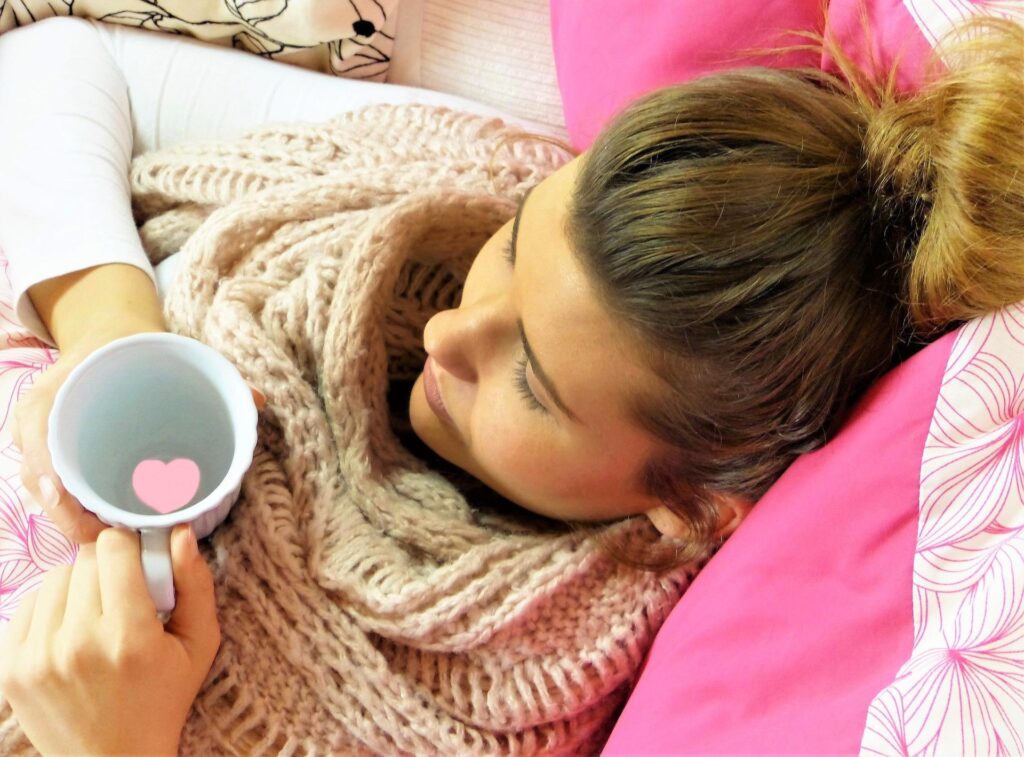
Do you know the best medicine for severe menstrual cramps? There are many remedies out there for severe menstrual cramps, but which one works the best? Here are some suggestions. Nonsteroidal anti-inflammatory drugs, or NSAIDs, may be an option.
These drugs are better than aspirin at inhibiting the production of prostaglandins. Menstrual cramps are pains in the pelvis and abdominal region that begin shortly before the start of the menstrual period and peak within 24 hours, subsiding over the next couple of days.
NSAID treatment for chronic and severe menstrual pain
NSAIDs are the preferred treatment for chronic and severe menstrual pain. They are more effective than acetaminophen at decreasing the production of prostaglandins, the chemical that causes pain.
However, they do not work as effectively on lightening super heavy bleeding as NSAIDs do. The mechanism of action of NSAIDs is very different from acetaminophen, which simply dulls the pain.
While some NSAIDs may be effective, they have serious side effects. Aspirin, a common ingredient in OTC pain relievers, shares a link with Reye’s syndrome. Diuretics are not recommended for women who are pregnant or nursing. The best medicine for severe menstrual cramps should be chosen according to the symptoms and desired side effects.
But there are also several OTC menstrual cramp medication brands. Some of these include Pamprin, which makes two combination products: Pamprin Multi-Symptom and Pamprin Max Pain and Energy. The generic versions of these products are also available.
The only way to determine the exact cause of menstrual pain is to see a doctor. Your doctor will ask about your symptoms and perform a pelvic exam to determine what the pain is. If symptoms are severe enough to interfere with sexual activity, your physician may prescribe hormonal birth control pills or prescribe lifestyle changes.
If none of these options work, she may recommend an alternative treatment. If you have symptoms of heavy bleeding, your doctor can prescribe a hormone birth control medication.
How to prevent period pains before they start
If you’re wondering how to prevent period pains before they start, you’re not alone. More women than ever are searching for effective ways to prevent painful periods, and this article will help you learn more about what you can do to ease them.
Symptoms of period pains may include severe discomfort, prolonged periods, and even painful intercourse. Luckily, there are many natural remedies for period pain, and some of them are even safe enough to be used during the early stages of your period.
For many women, it’s helpful to reduce their intake of foods that promote inflammation. For example, low-fat dairy products, lemon and sardines, and dark leafy greens are rich in calcium. Eating a healthy diet that includes these foods may help ease the pain of period cramps.
Some of these foods are also good for you if you’re not suffering from menstrual pain – so long as you’re not depriving yourself of these items. One of the easiest ways to avoid cramps during your period is to sleep. However, if you’re having strong cramps, sleep can be difficult.
Try to avoid TV/computer screens before bed and focus on a relaxing bathtime routine. A warm shower can also help alleviate pelvic pain. Also, you can take a power nap during the day. While you’re at it, you can also read a book or watch a movie.

Is it bad to take ibuprofen for menstruation?
A recent tweet on the dangers of taking ibuprofen for menstruation sparked a debate on the dangers of taking nonsteroidal anti-inflammatory drugs, or NSAIDs, for menstrual cramps. While it is true that NSAIDs can help relieve painful menstrual cramps, the use of such medications should not be viewed as a long-term solution. In fact, it may even cause other problems.
While many women do experience some cramping, not everyone experiences them at the same time. In addition to cramping and pain, heavy bleeding can lead to dizziness, headaches, and backaches.
These uncomfortable symptoms can even keep women from engaging in sexual activities. To alleviate the symptoms, women can try warm baths and over-the-counter painkillers, such as ibuprofen.
Does Ibuprofen block the hormones causing menstrual cramps?
However, you should know that Ibuprofen belongs to a different category from other NSAIDs. This means that it does not block any of the opioid hormones, and instead, it slows the production of prostaglandin, a chemical that causes cramping and bleeding. This mechanism is different from the one used by acetaminophen.
Some studies have suggested that taking ibuprofen for menstruation reduces the amount of blood flow during the menstrual period. However, results vary with each woman, so it’s hard to draw any firm conclusions. In any case, one study found that taking 800 milligrams of ibuprofen during the menstrual period reduced bleeding by 30 percent.
This is the same amount as four over-the-counter pills. It’s recommended that women take the pills before their periods begin and continue taking them throughout the duration of the menstrual cycle to avoid any undesirable effects.
How to stop period pain forever
If you’ve been wondering how to stop period pain forever, you’re not alone. More than half of women report experiencing period pain at least once a month would like to stop it forever. The good news is that there are a few natural remedies you can try to stop it forever.
Herbal patches and heating pads are great ways to relieve your pain, while herbal relief patches are best choices for the summer months. Exercise will release endorphins that lift your mood and ease your pain. You can also drink herbal teas, which have therapeutic properties.
A recent online survey of 43000 girls and women revealed that 77% of respondents reported experiencing painful cramping at least once a month. Nearly one in four of these women also reported having symptoms of mood disorders or being tired and exhausted.
Fortunately, there are several simple ways to relieve period pain and make it go away for good. Fortunately, some of these methods are easy and inexpensive, making them an excellent option for those who want to stop period pain forever.
A hot bath is another good option for women experiencing cramps. A warm bath helps relax the muscles and ease cramps. Adding Epsom salts, bath bombs, or crystals to your bath water can also help relieve the discomfort.
But whatever method you choose, it’s important to follow a routine that’s comfortable for you. It’s crucial to be as hydrated as possible during your period, as dehydration can make it more uncomfortable.
If you liked the article, please donate!
